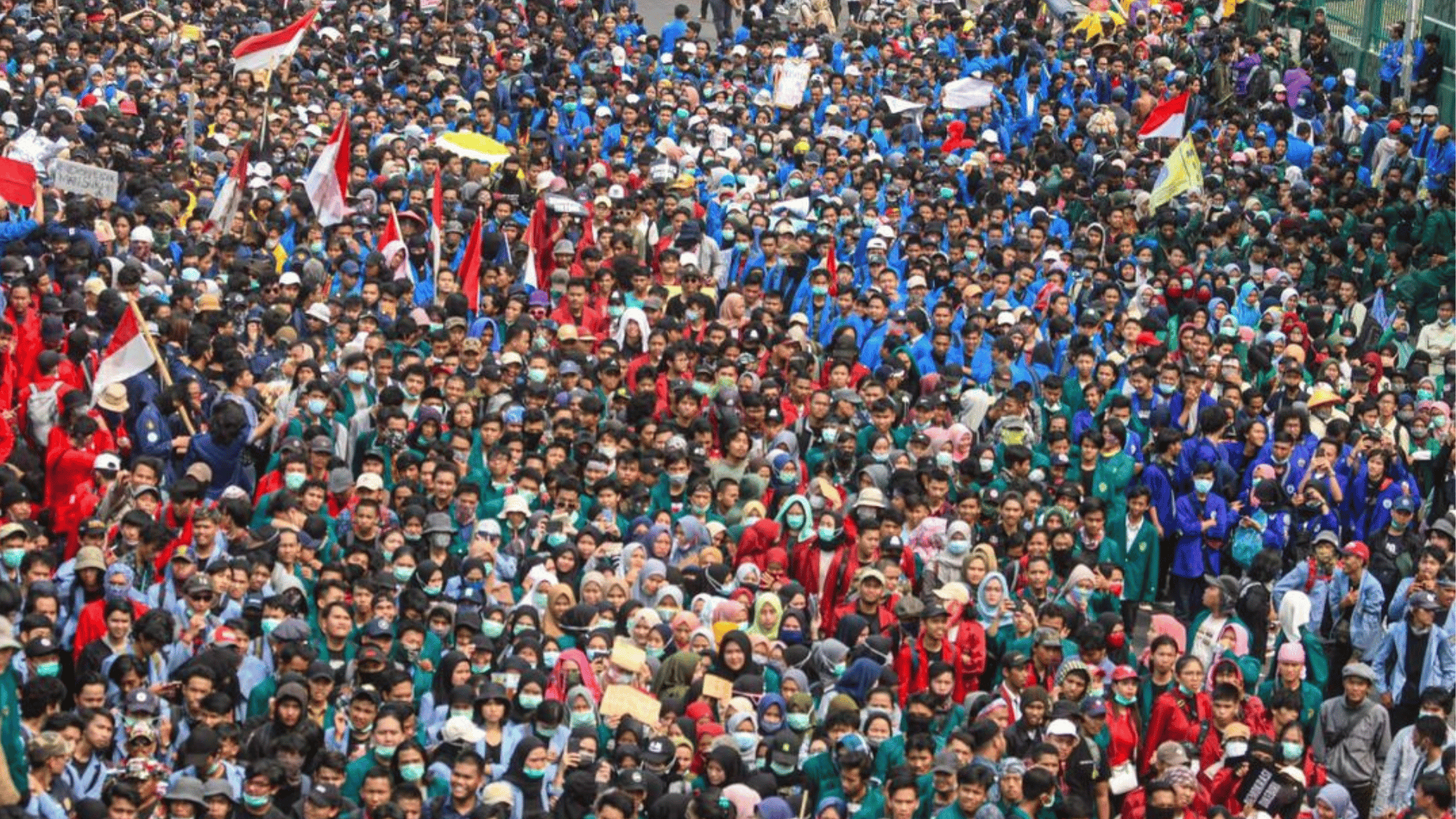The Civil Society Group for the ICCPR Review in Indonesia, consisting of Asia Justice and Rights (AJAR), Amnesty International Indonesia, Asian Forum for Human Rights and Development (FORUM-ASIA), Human Rights Working Group (HRWG), Commission for the Disappeared and Victims of Violence (KontraS), KontraS Aceh, Transmen Indonesia, and the Indonesian Legal Aid Foundation (YLBHI), has conveyed the situation following the session on the Implementation of the International Covenant on Civil and Political Rights (ICCPR) by the United Nations Human Rights Committee (UNHRC), led by the ICCPR Committee at Palais Wilson, Geneva on 11-12 March 2024.
The Coalition emphasizes that this agenda is not a form of intervention in Indonesia’s jurisdiction, but rather an obligation of states parties that have ratified the ICCPR to report on the development of the Covenant’s implementation within the jurisdiction of the respective state parties, in accordance with the provisions of the ICCPR.
The ICCPR itself is an international covenant that requires its member states to guarantee rights such as the right to life, freedom of expression, freedom of opinion, freedom of assembly, electoral rights, and the right to a fair and impartial trial. Indonesia has received much criticism, questions, and recommendations from the UN Human Rights Committee regarding transparency in resolving past serious human rights violations, abolishing the death penalty, ongoing violence in Papua, the state’s protection of human rights defenders, strengthening the National Human Rights Commission (Komnas HAM) and the National Commission on Violence against Women (Komnas Perempuan) in improving human rights in Indonesia, eliminating discriminatory and repressive policies, urging for the ratification of the refugee convention, and President Joko Widodo’s neutrality in the 2024 elections involving Gibran Rakabuming Raka.
Unfortunately, there was not a well-articulated and substantive response from the Indonesian government. The criticism and questions raised were not adequately addressed in the context of what the UN Human Rights Committee members wanted to know more about. Some questions were not answered at all, such as updates on the resolution of serious human rights violation cases that are pending, including Wamena, Wasior, and Paniai, transparency to the public regarding the Fact-Finding Team for the murder case of Munir Said Thalib, the government’s position on ratifying the Optional Protocol to the ICCPR (OP-ICCPR), strengthening institutions involved in the Prevention of Torture Cooperation (KuPP), violations committed by the Constitutional Court in Gibran’s candidacy in the election contest, criticism regarding the excessive use of force by security forces against civilians including in Papua, and so on. The Coalition has attached conflicting facts on several issues raised in the review agenda.
The ICCPR session also highlighted the Indonesian government’s lack of accountability in fulfilling civil and political rights through the answers provided. Criticisms and specific questions, such as the ongoing criminalization of human rights defenders, the resolution of past serious human rights violation cases, discriminatory issues and laws such as LGBTIQ issues, Joko Widodo’s neutrality and the Constitutional Court’s credibility in elections, and the rationalization of promotions for generals closely involved in past serious human rights violation cases and the current string of repressive actions against civilians, were not adequately addressed. Instead, the answers tended to be technical and entirely unsubstantial, as if avoiding these questions.
Therefore, the coalition of civil society organizations urges the Indonesian government to:
- Demonstrate its accountability as a party to the ICCPR in resolving human rights issues in Indonesia across sectors according to the components outlined in the covenant;
- Demonstrate its capacity as a member of the UN Human Rights Council in setting an example for other member states of the UN Human Rights Council as well as international partners of the Indonesian government in the relevant issues as a commitment to promoting human rights issues;
- Demonstrate the government’s claim that Indonesia has a positive democratic climate through the ratification of neglected international covenants such as the International Convention for the Protection of All Persons from Enforced Disappearance (ICPPED), the Optional Protocol to the ICCPR (OP-ICCPR), and the Optional Protocol to the Convention against Torture (OP-CAT);
- Demonstrate the Indonesian government’s claim regarding the advancement of human rights and democracy through the cessation of repressive actions in the form of excessive security approaches towards civilians and the repeal of discriminatory laws, prevention and elimination of all forms of discrimination against vulnerable groups; and the cessation of the criminalization of human rights defenders and journalists.
Jakarta, 19 March 2024 Civil Society Group for ICCPR Review in Indonesia
For the attachment of this media release, click here



